2016
Content from the Brookings Institution India Center is now archived. After seven years of an impactful partnership, as of September 11, 2020, Brookings India is now the Centre for Social and Economic Progress, an independent public policy institution based in India.
Abstract
The paper uncovers a disguised form of corruption using a unique and comprehensive sample of credit card data in China. Bureaucrats—defined as those working in the government—receive 14 percent higher credit lines than non-bureaucrats with similar income and demographics, but their accounts experience a significantly higher delinquency rate and subsequently a higher likelihood of debt forgiveness by the bank. These patterns are concentrated among bureaucrats with greater power and in regions that can be classified ex ante as more corrupt. As a “quid pro quo”, bank branches associated with greater credit provision to bureaucrats receive more deposits from the local government. Consumers in regions with greater credit provision to bureaucrats receive significantly lower credit lines relative to similar consumers in other regions. Using staggered crackdowns of provincial-level political officials as exogenous shocks to the risk of corruption investigation, we find that the new credit cards originated to bureaucrats do not enjoy a credit line premium, and bureaucrats’ delinquency and reinstatement rates are no higher than those of non-bureaucrats in the treated provinces during the post-crackdown period. The paper uses estimates to infer the size of credit extended for corruption related reasons in China.
Speaker: Sumit Agarwal is the Vice-Dean of Research and the Low Tuck Kwong Professor at the School of Business and a Professor in the departments of Economics, Finance and Real Estate at the National University of Singapore.
Discussant: Shamika Ravi, Senior Fellow, Brookings India
Development Seminar Series Photographs
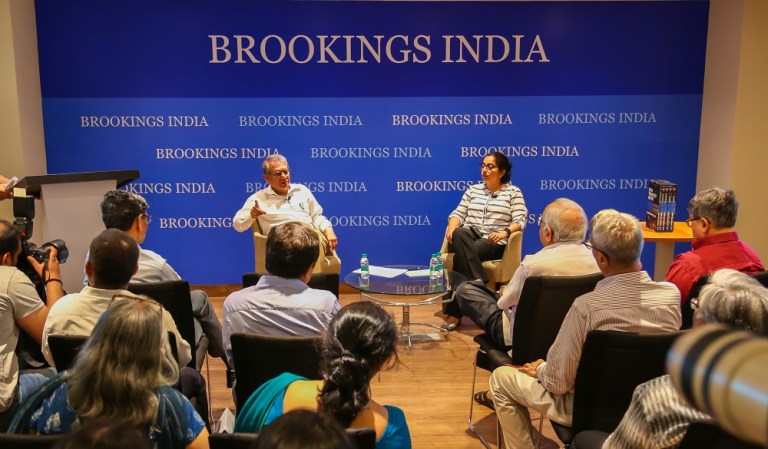
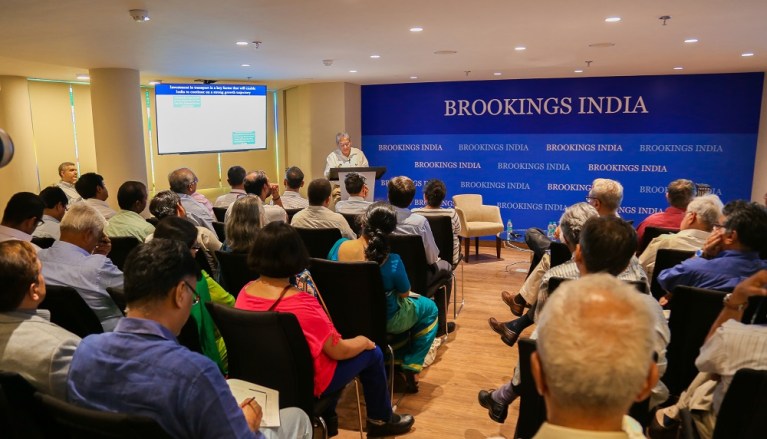
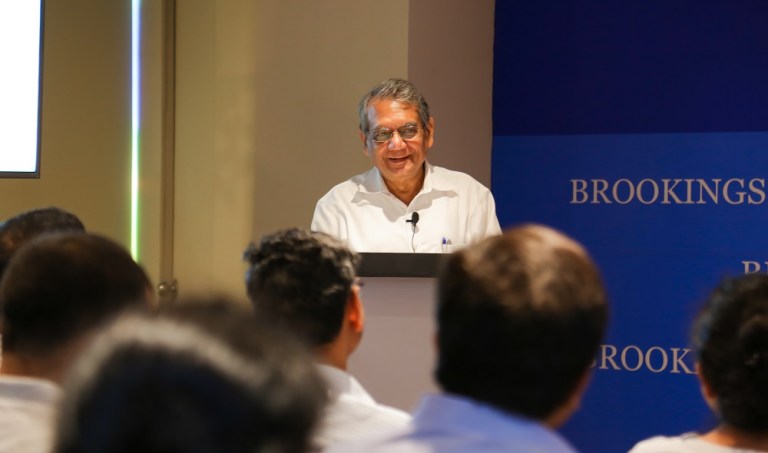
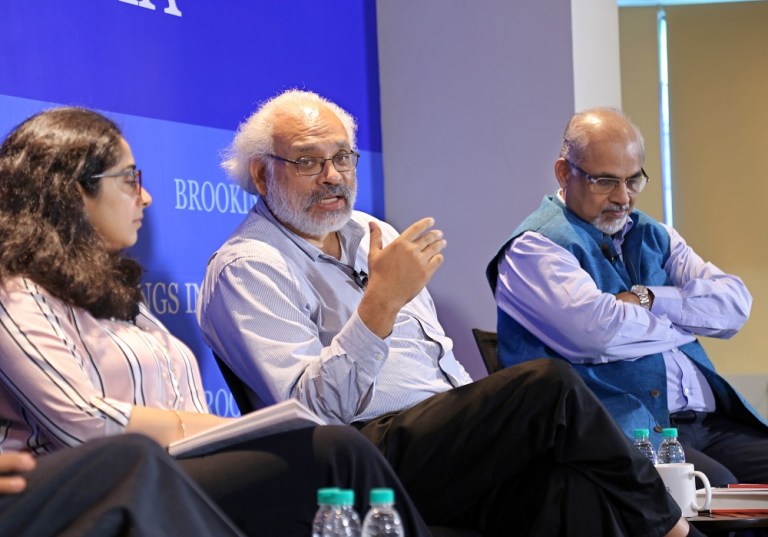
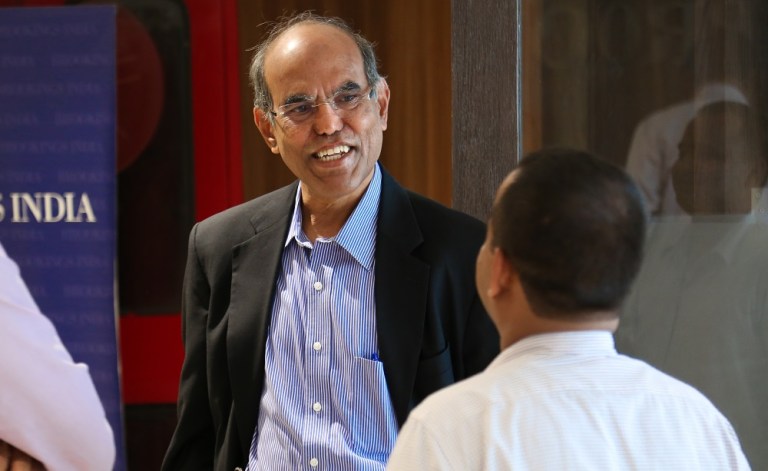
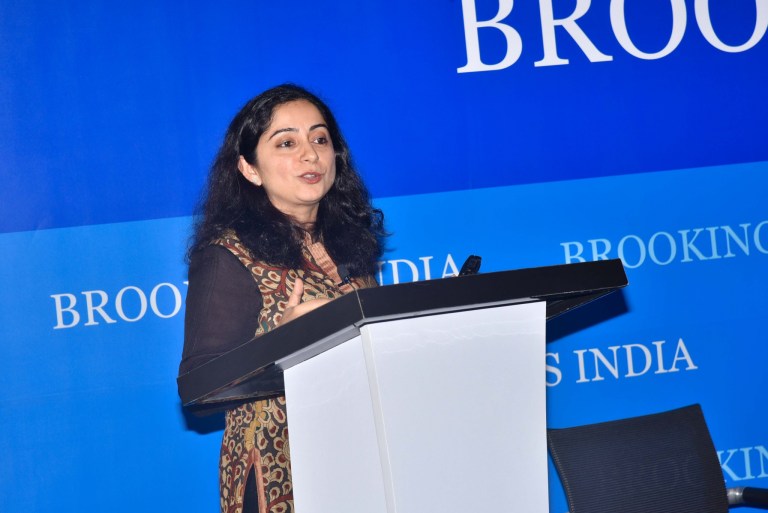
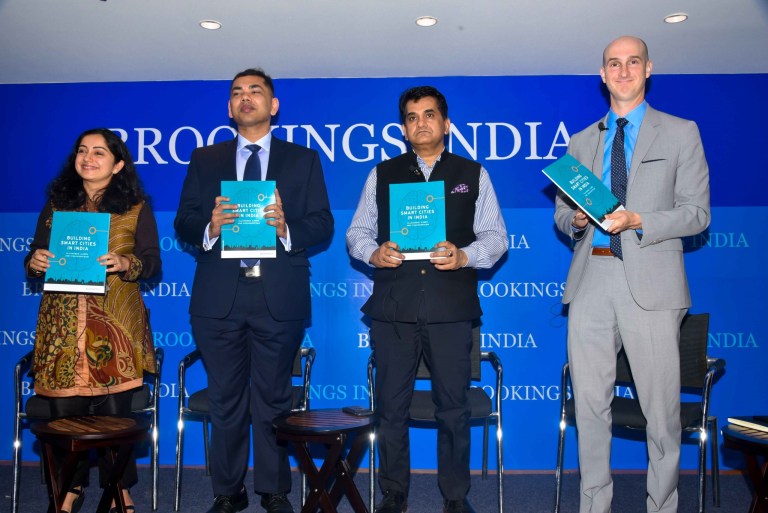
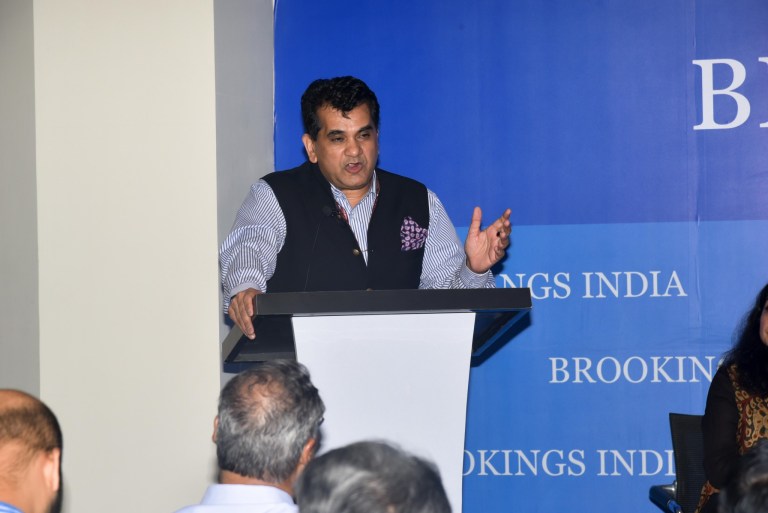
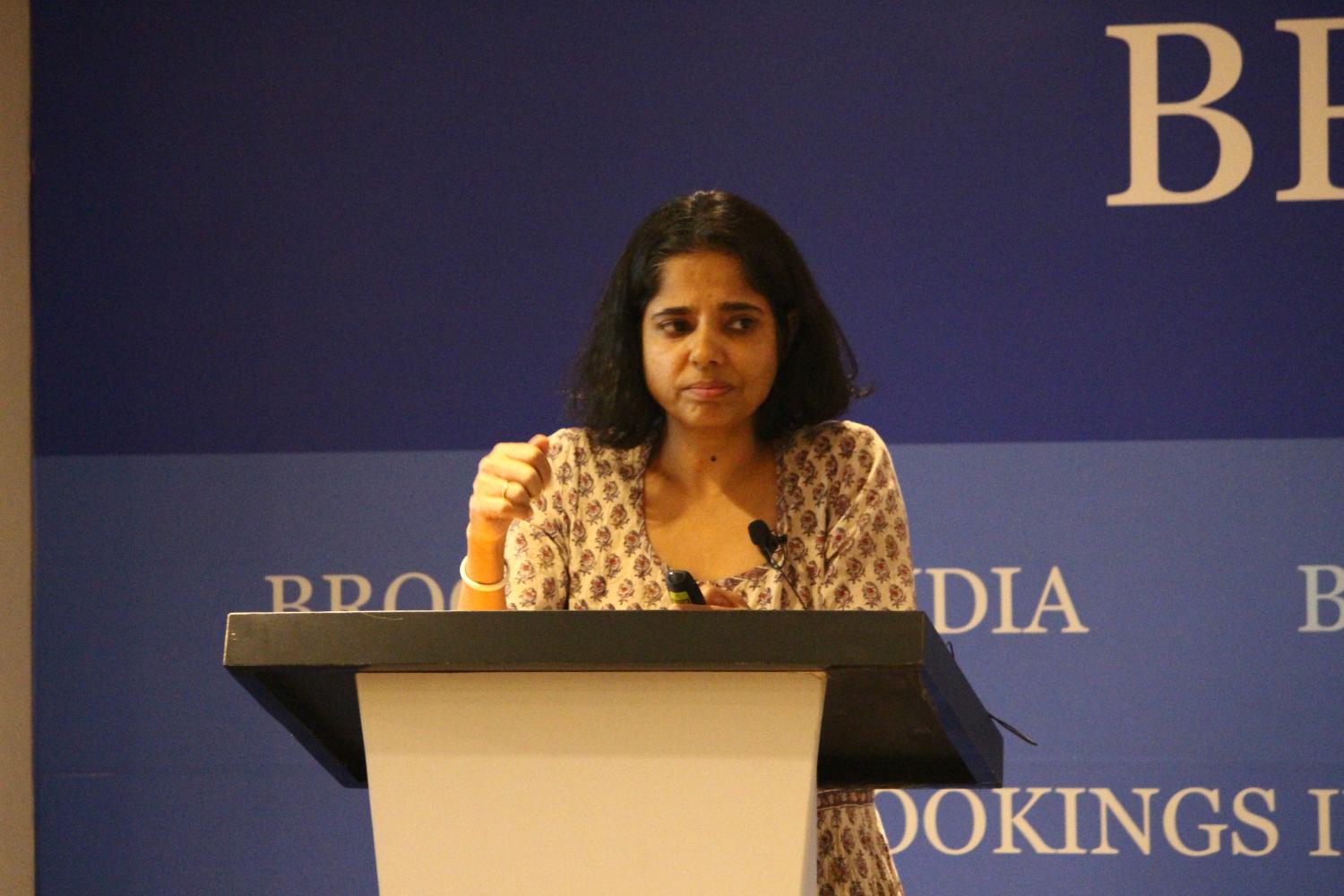
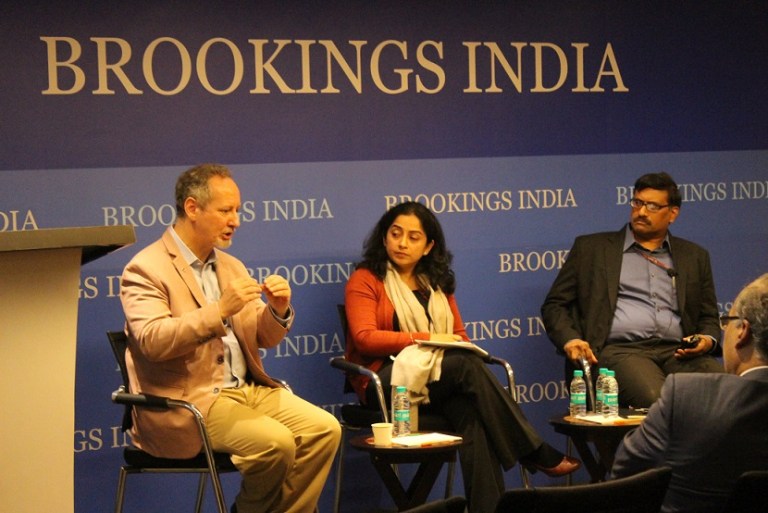
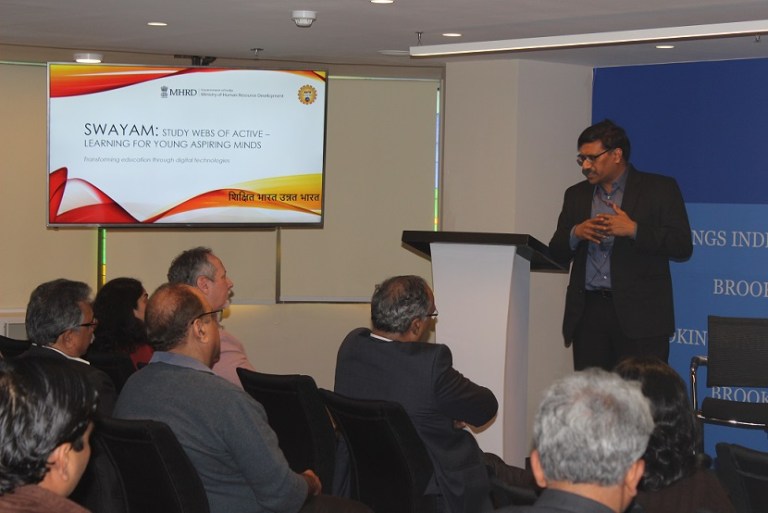
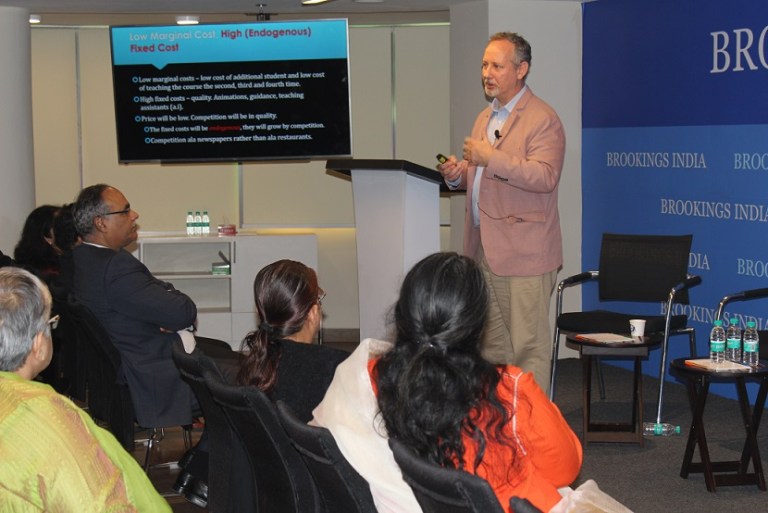
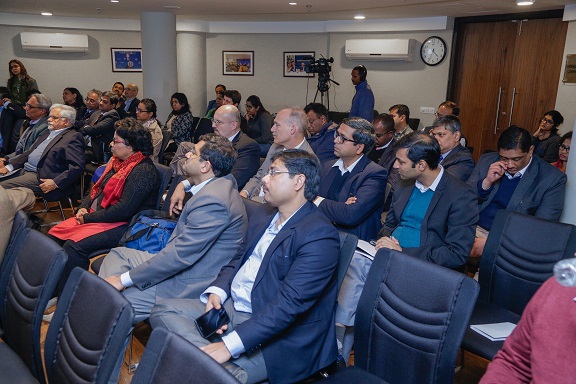
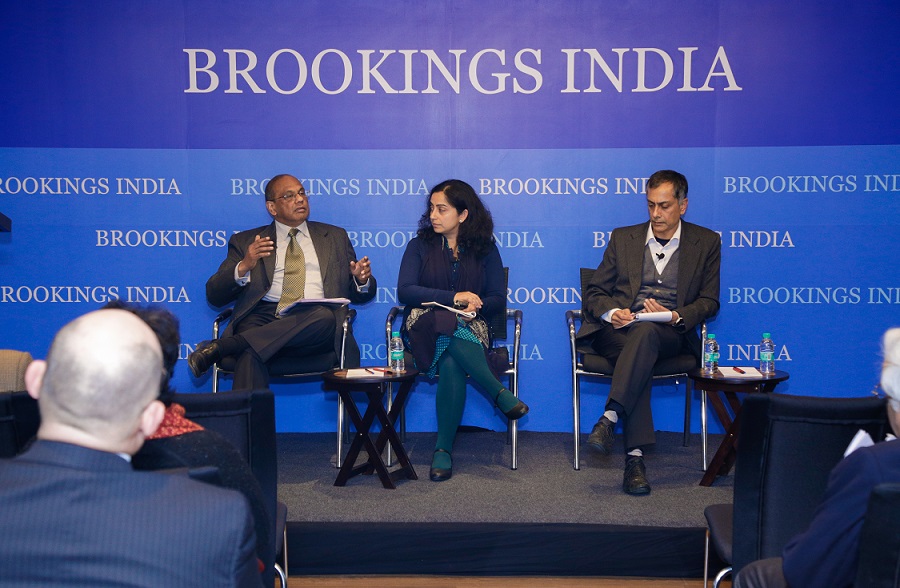
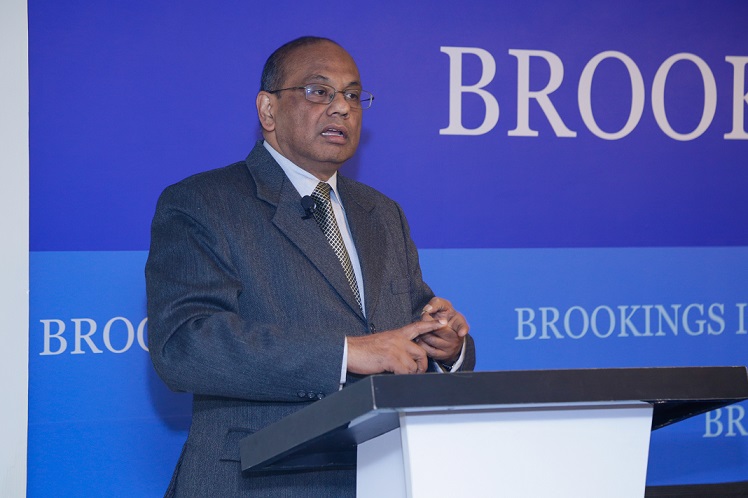
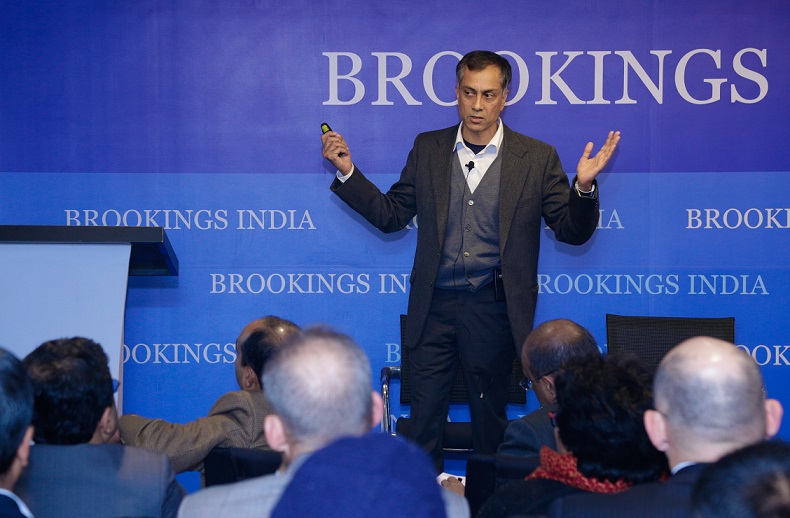
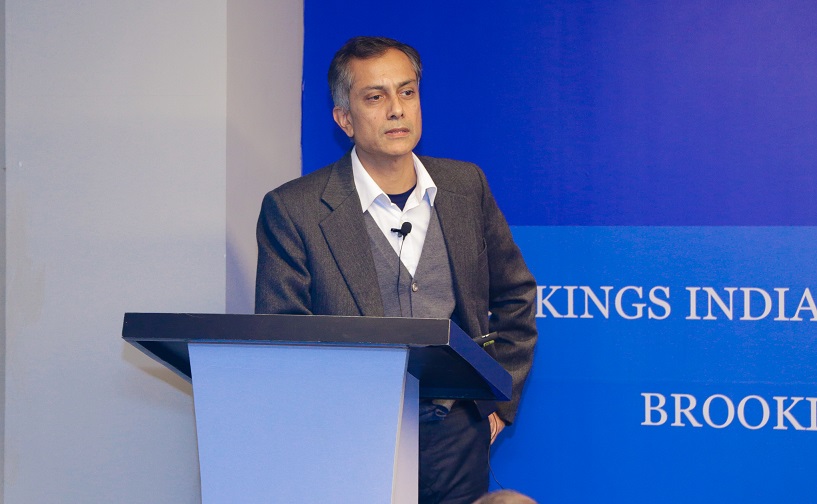
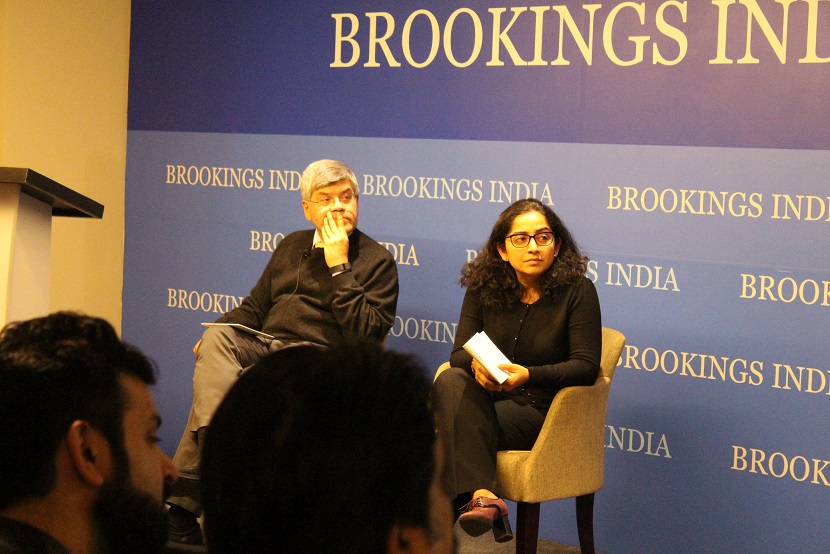
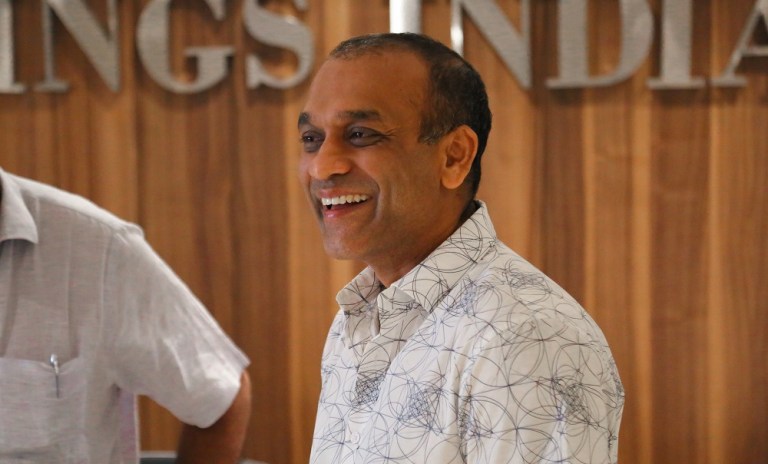
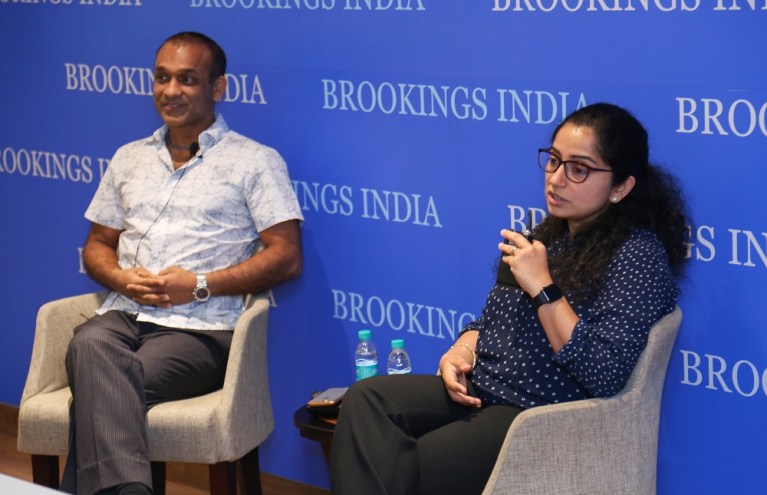
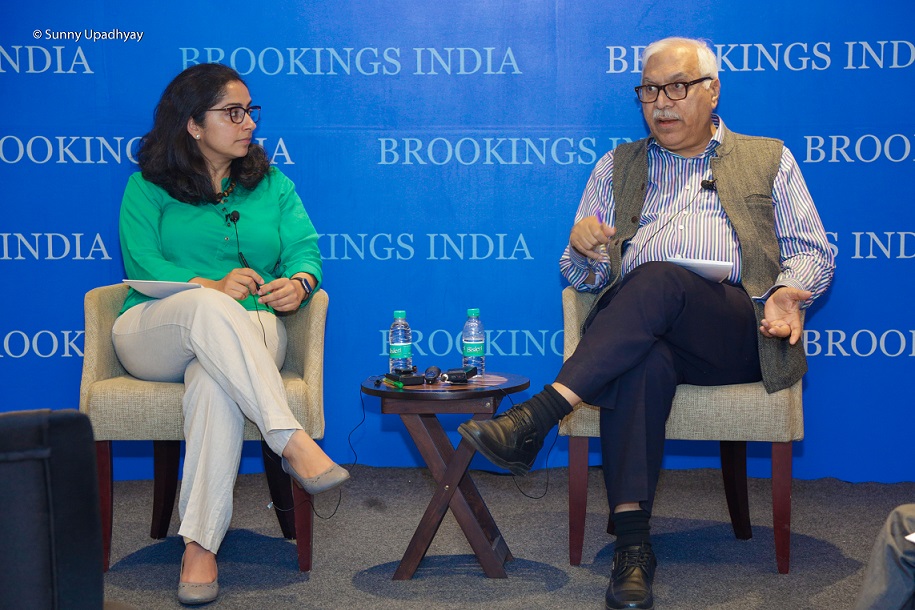
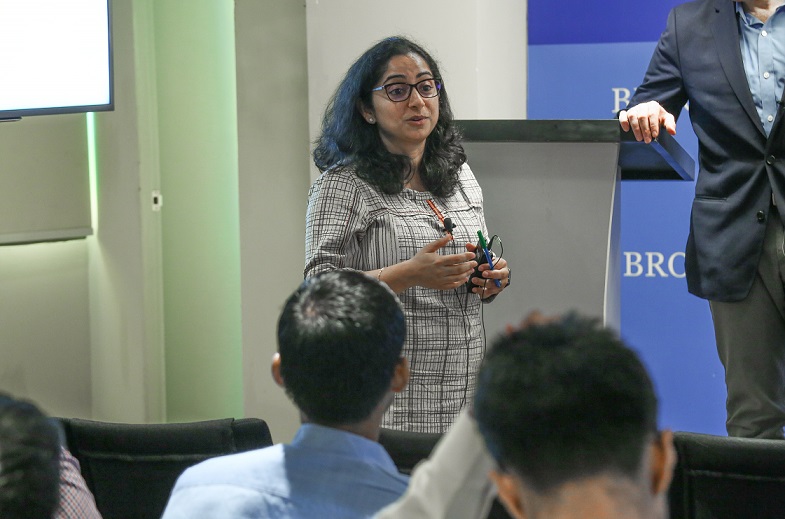
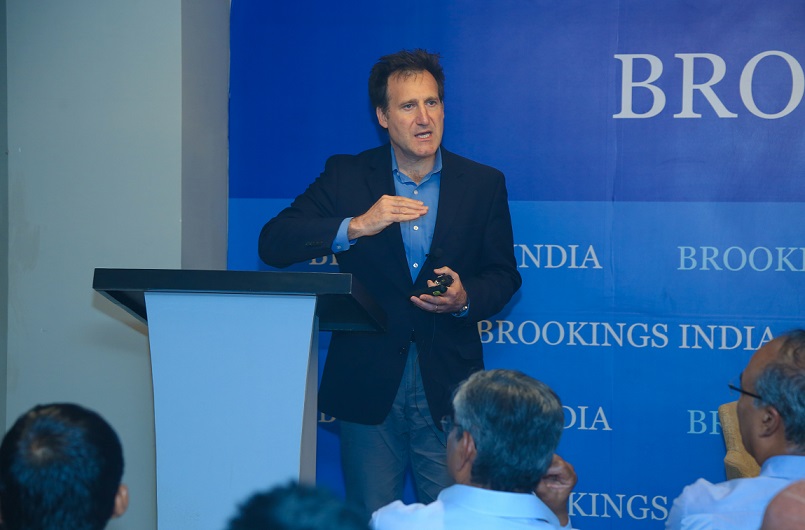
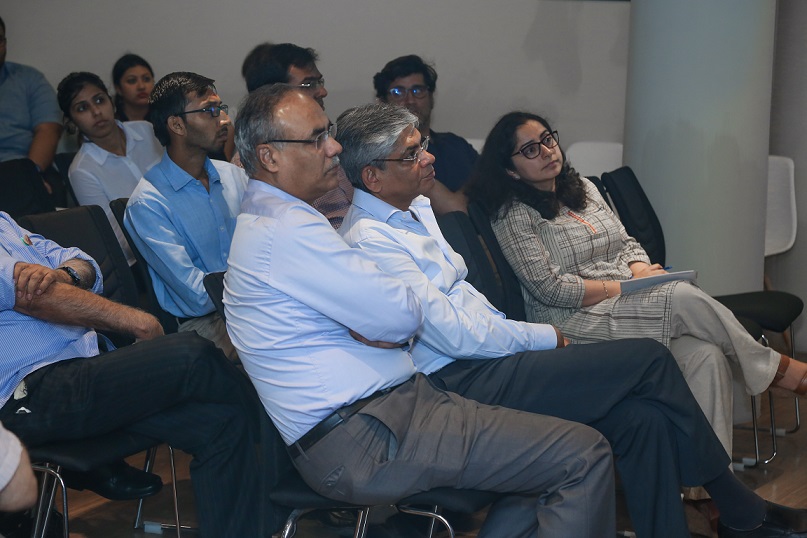
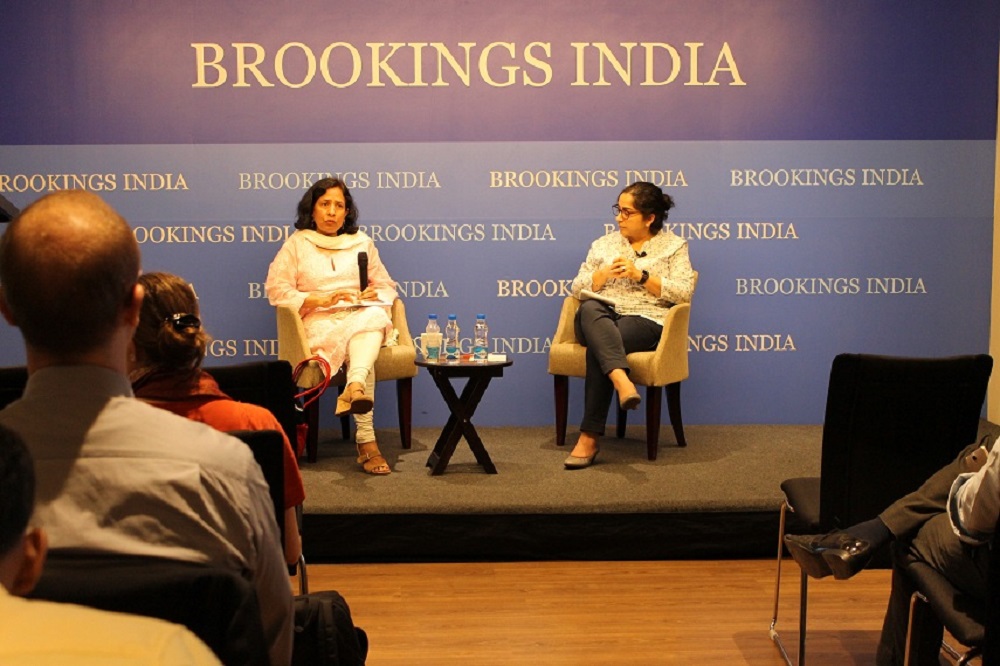
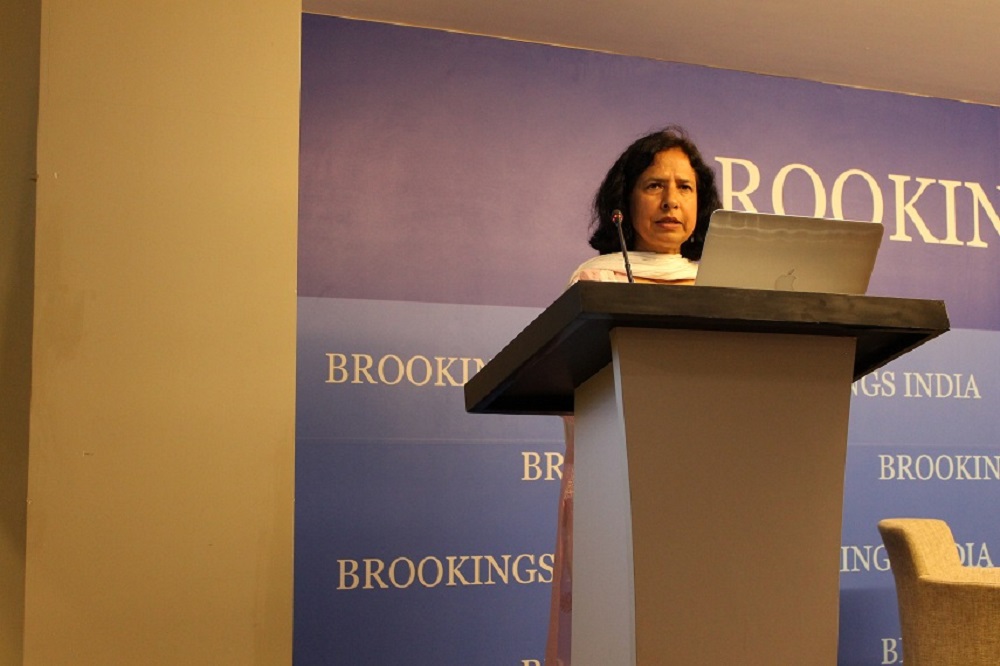
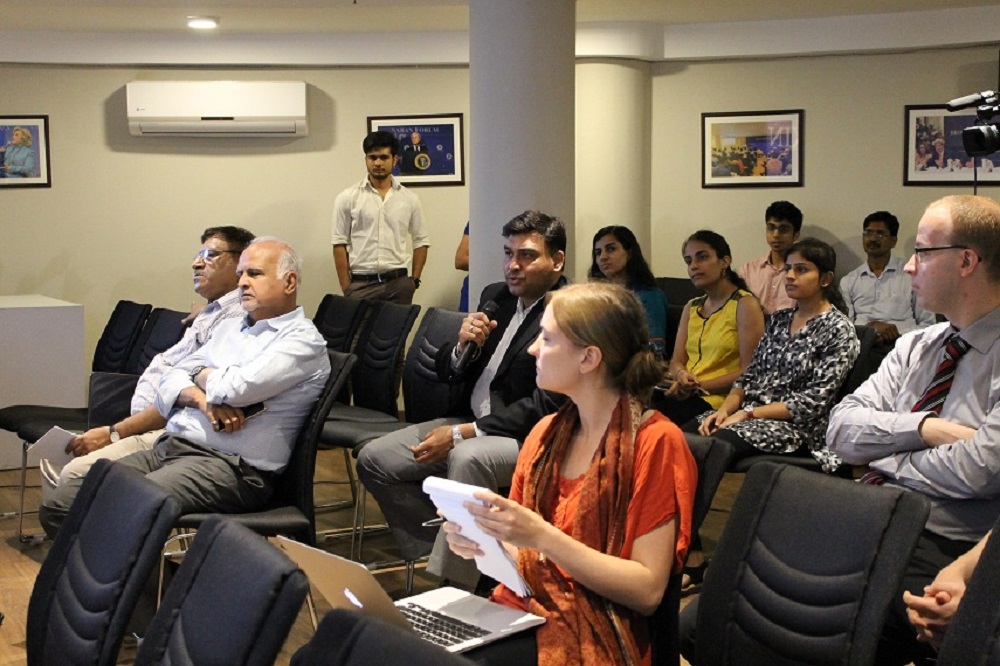
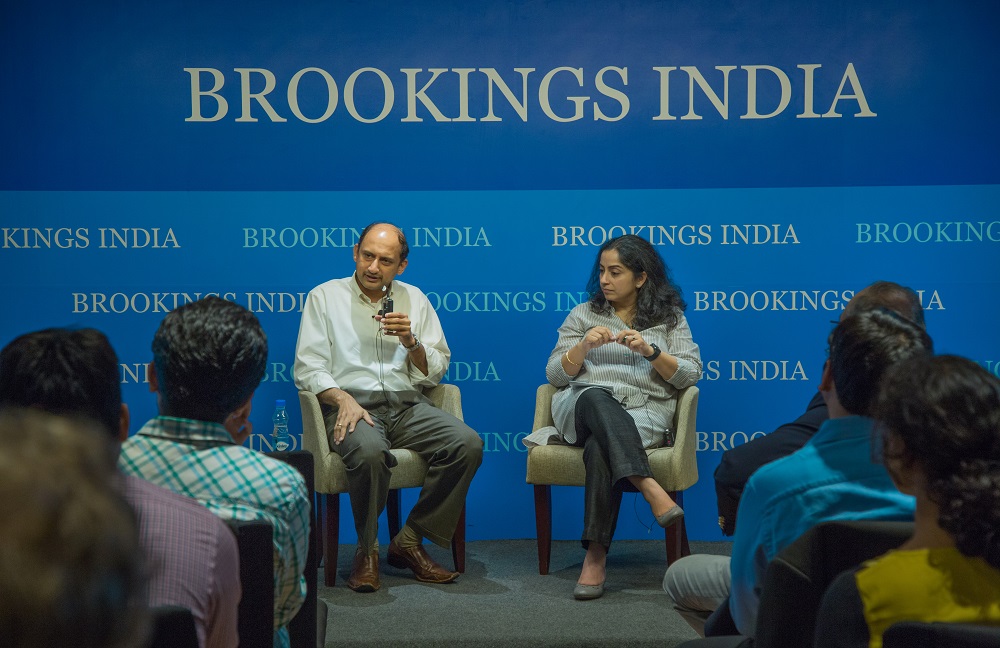
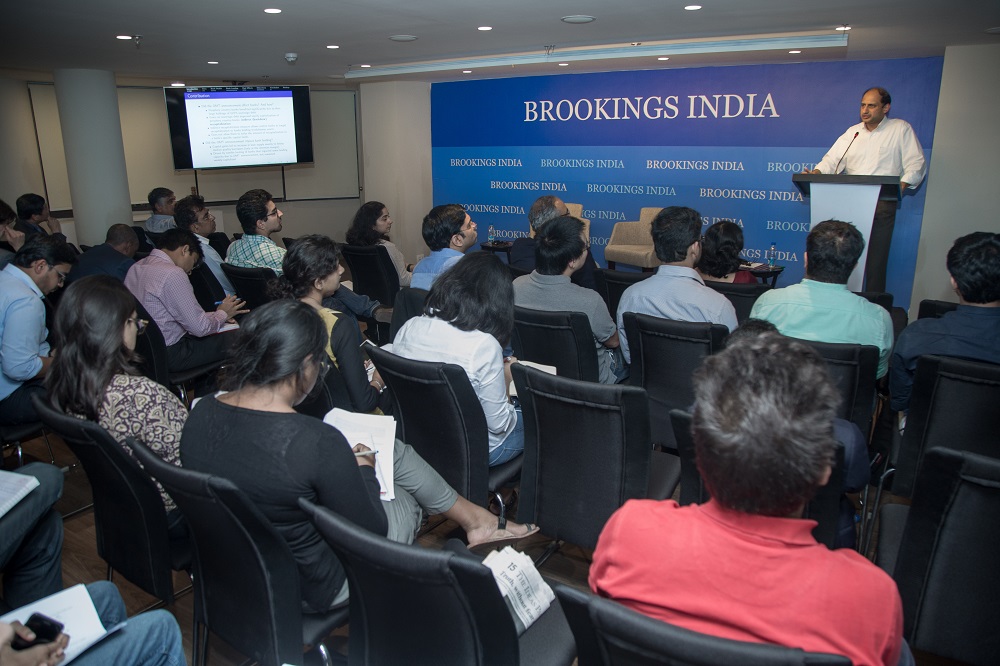
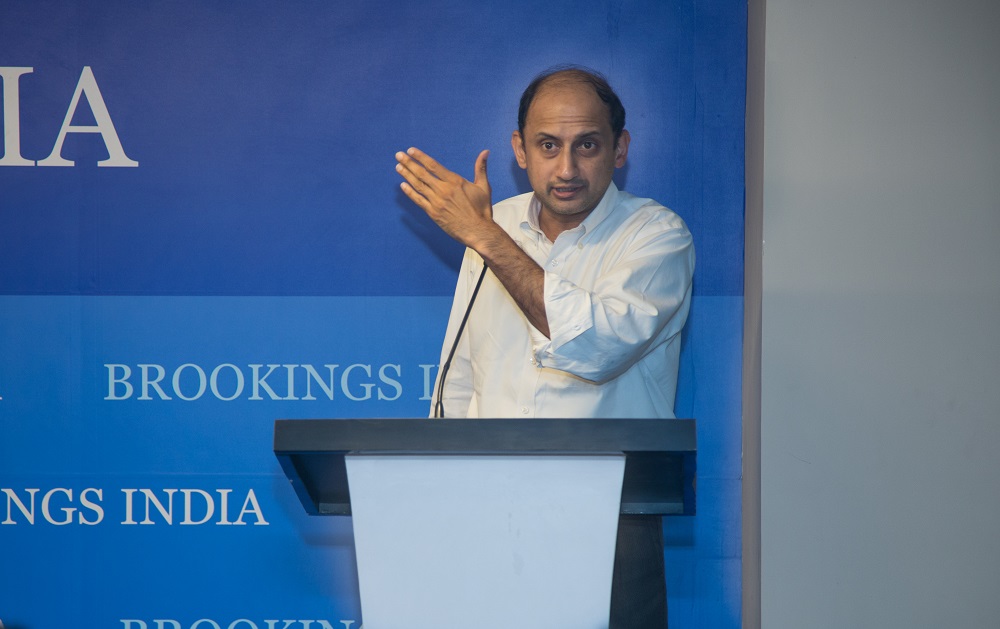
About Development Seminars Series @ Brookings India
The Development Seminars Series @ Brookings India is a platform for global scholars to present their work to a curated audience of senior government officials, politicians, journalists, academics and policy enthusiasts. The format of the seminars includes a senior researcher as a lead presenter and a government/industry expert to discuss the results and relevance within the Indian context. The fundamental focus of the seminar series is to draw research-based insights to shape and influence policy dialogues in India, through purposeful and pointed discussions.
Other Development Seminars
- The Real Effects of Unconventional Monetary Policy
- Immigration and its Discontents
- America’s Economic Anxiety
- Using Technology to Strengthen Democracy
- The Online Education Revolution and India
- Environmental Challenges in India
- Corporate social responsibility in India: Law, implementation and evidence
- Pathways to Reducing Poverty and Sharing Prosperity in India
- Launch of paper ‘Building Smart Cities in India’
- Dr D. Subbarao on leading the RBI through 5 turbulent years
- Transporting India to the 2030s by Dr. Rakesh Mohan
Related Content

